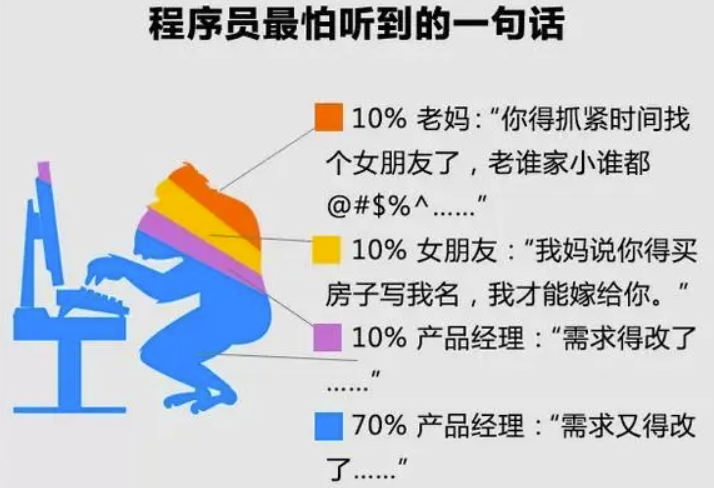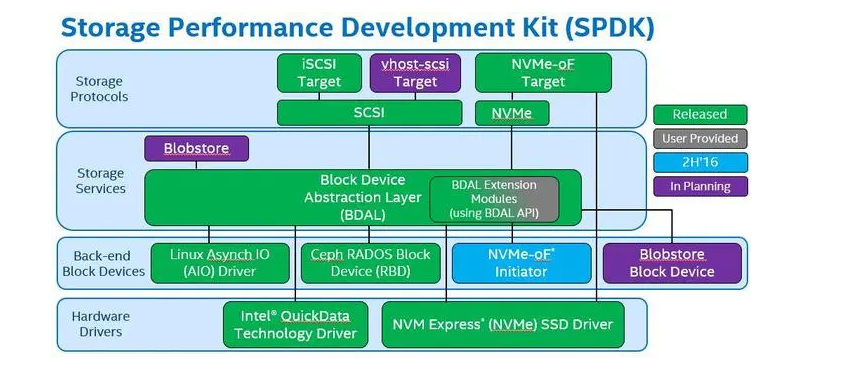Porous thermoelectric materials have garnered considerable attention due to the significant influence of pores on their transport properties. However, the preparation of porous materials often involves complex pre-processing of raw materials and limited control over porosity. In this study, we successfully prepared Bi2Te2.5Se0.5 with modified-designed graphite punches, resulting in shorter and more customizable porosity, through a variable pressure SPS process.
The introduction of pores led to a significant reduction in thermal conductivity. This can be attributed to the lower density associated with pores and the ability of interfaces to impede phonon transport. Additionally, the decreased electrical conductivity was mainly due to a decrease in Hall carrier mobility. Notably, these porous materials exhibited excellent mechanical properties, primarily owing to strengthened grain boundaries resulting from grain refinement. Furthermore, the presence of pores contributed to blocking crack propagation.
In terms of thermoelectric performance, the sample with a porosity value of 0.04 demonstrated good results. The maximum figure of merit (zTmax) reached approximately 0.97 at 373K, while the average figure of merit (zTave) between 298K-500K for all samples slightly fell below 0.8.
This work not only offers a new approach for preparing porous materials with customizable porosity but also reduces raw material usage while maintaining favorable thermoelectric and mechanical properties.
内容由零声教学AI助手提供,问题来源于学员提问





















